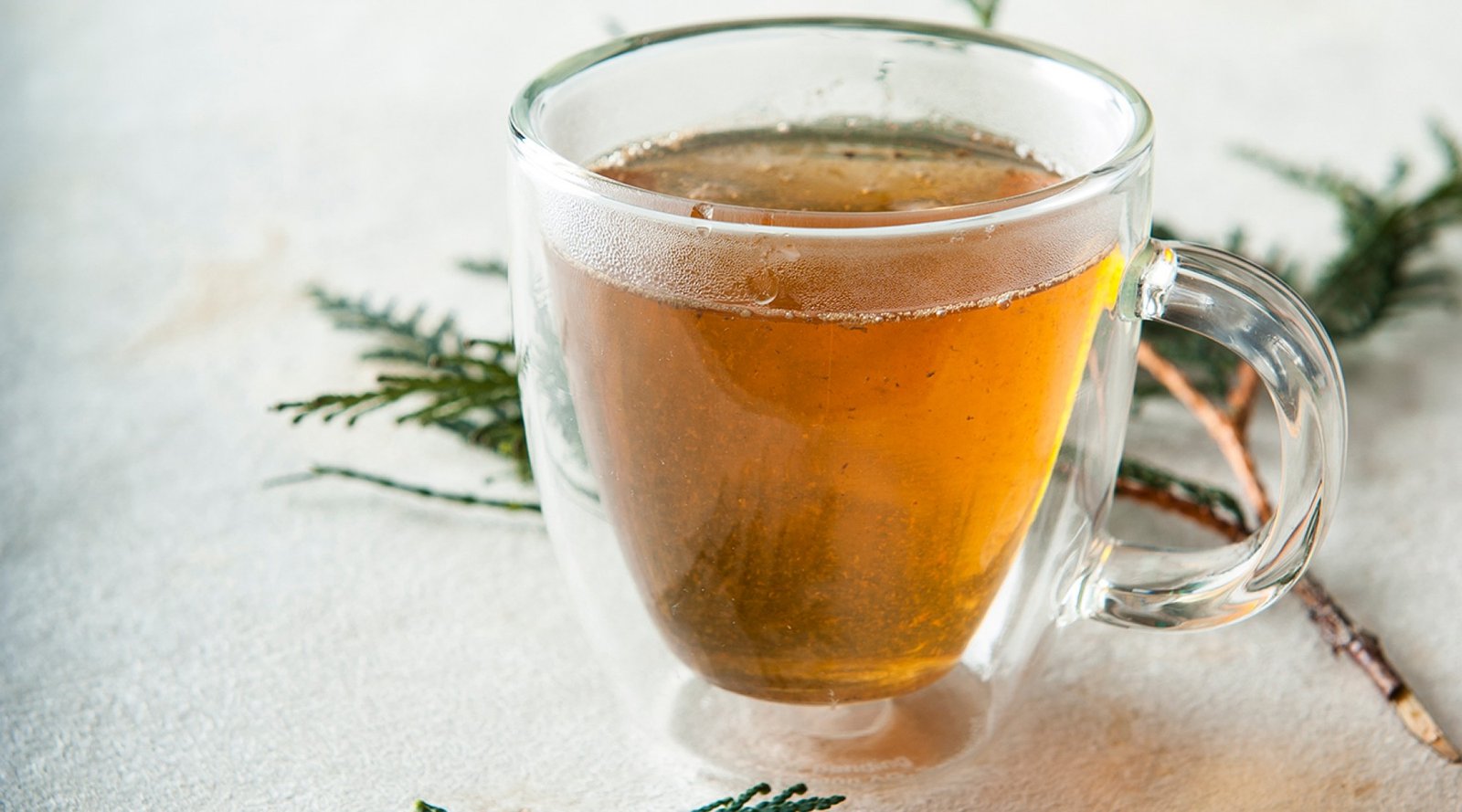Inside BENEO’s new pulse plant: pioneering sustainable protein from faba beans
This move by Unilever aims to increase transparency in the industry covers all black and green tea (Camellia Sinensis) sourced by Unilever
In order to bring unprecedented levels of transparency to the industry, Unilever has published its list of tea suppliers for the first time.
Unilever buys 10% of the world’s tea supply, enough to make 272,000 cups every minute; and supports a workforce of more than 1 million people in 21 different countries (including India, Kenya, Rwanda, Japan, Argentina, Vietnam and Australia).
This move by Unilever aims to increase transparency in the industry covers all black and green tea (Camellia Sinensis) sourced by Unilever. This supplies the blends for more than 30 brands around the world, including Lipton, Brooke Bond Red Label and Pukka.
Mick Van Ettinger, Unilever Executive Vice President Tea said, “With transparency comes transformation. Greater scrutiny of our supply chains helps us work more effectively with partners and suppliers to bring about positive change for people and planet. We want all our consumers to be part of this process too, so they can see where their tea comes from and how we are supporting the communities we work with. We’re determined to make our tea supply chain even more socially and environmentally sustainable, from tea estate to tea pot, and this is a great step to help us do that.”
Sarah Roberts, Executive Director of the Ethical Tea Partnership, of which Unilever is a member said: “We prioritise approaches that tackle the deep-rooted issues that tea workers and communities are facing. We are therefore delighted that Unilever, which is such an important global player in the tea industry and a committed Ethical Tea Partnership member, is now fully transparent about where its tea comes from and is working strategically to address the social and environmental challenges that the sector continues to face.”
The list will be updated annually. In addition, Unilever has published an interactive map, which shows people where in the world their tea come from. The map also features stories highlighting social and environmental programmes that Unilever is implementing with NGOs and supplier partners to enhance the livelihoods and wellbeing of local workers and their families.

